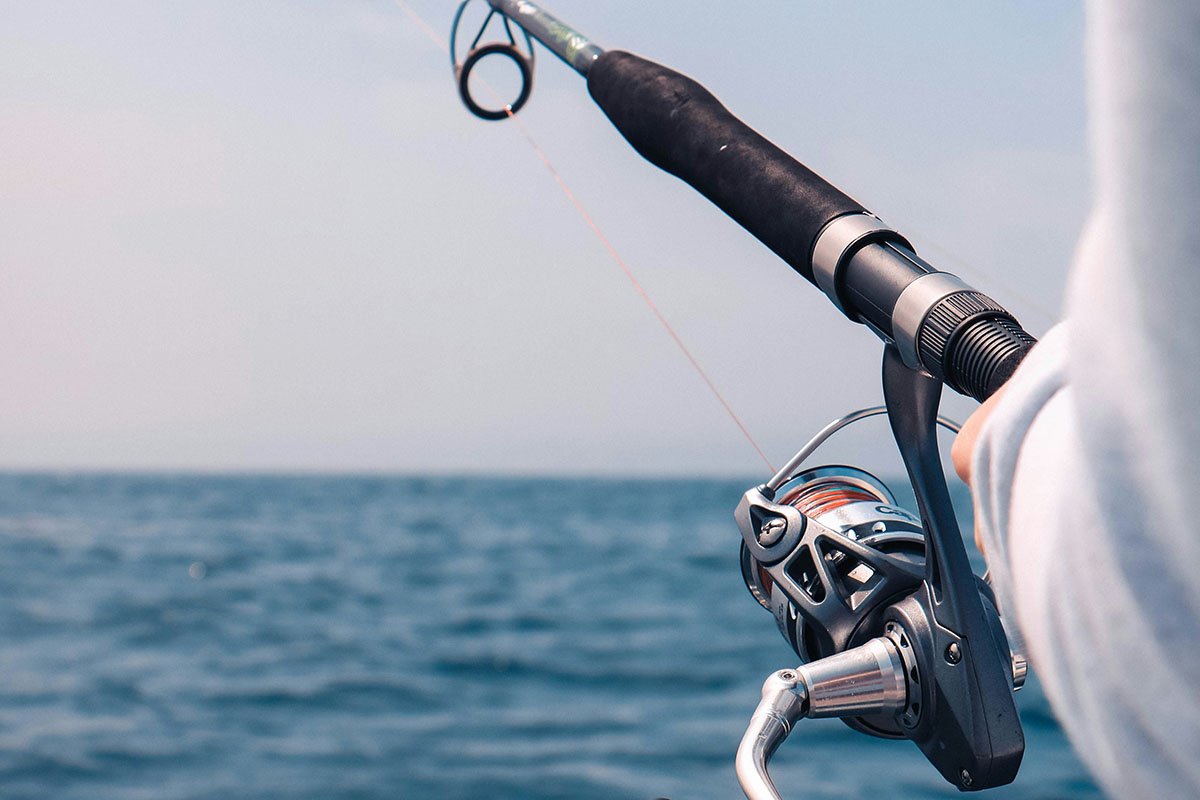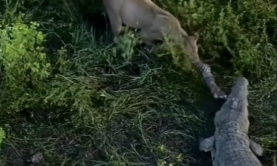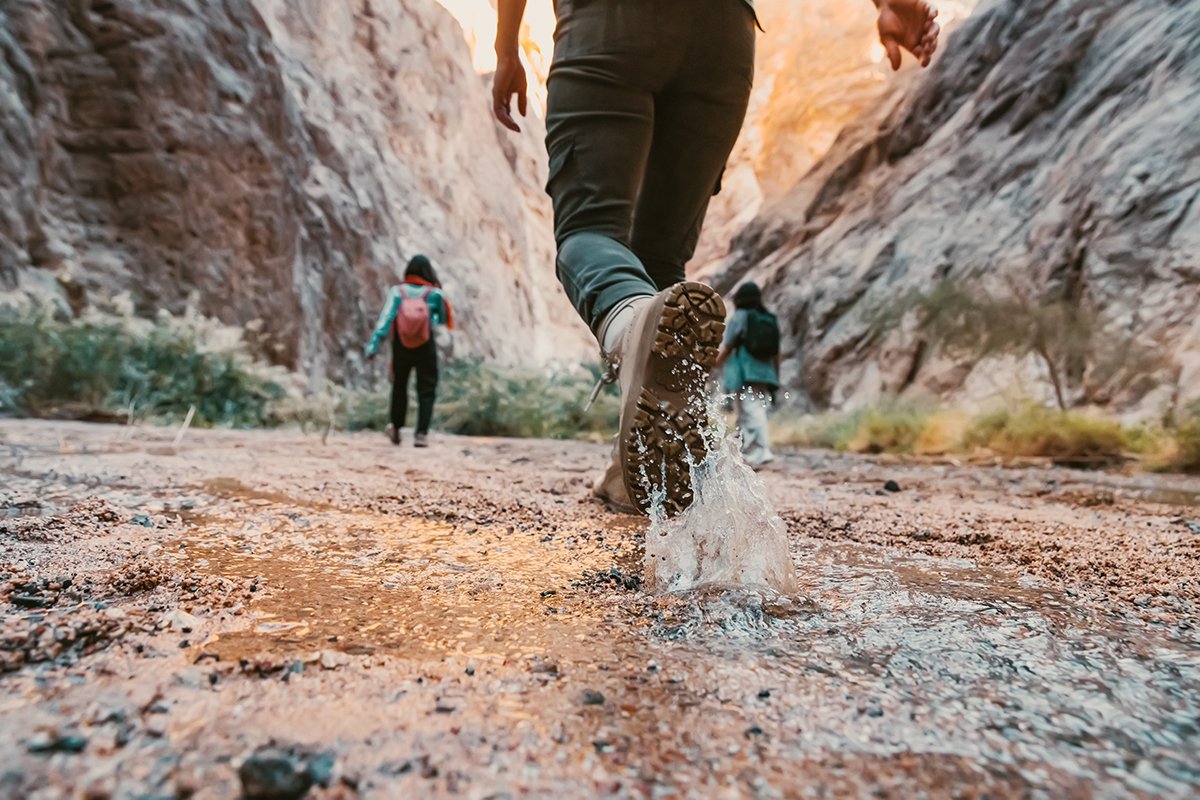

Outdoor athletes may encounter more fear than the average athlete when snowboarding, skiing, rock climbing, trail running, mountain biking, or hiking along dangerous cliff sides outside. The game of mindset takes place inside an athlete. Unlike the outer game, where your opponent is the person on the other side of the net, or you face the conditions of the snow or rock. The inner game “is played against such obstacles as lapses in concentration, nervousness, self-doubt, and self-condemnation,” says Timothy Gallwey, expert tennis coach. Improve your inner game and you’ll improve your performance.
I’ve been a rock climber for 15 years and a mindset coach for five, and outdoor athletes can gain so much from improving their mindset. Mindset work improves concentration, limits distractions, uses focus attentively and allows an athlete to be sensitive to obstacles while also maintaining an interior focus on the body in order to execute precisely and improve performance along the way.
Can You Relate to Any of These?

The mind can affect your performance in a variety of ways.
Are you:
- Unable to be uncomfortable.
- Unable to perform insecure movements.
- Scared of unpredictable outcomes of a game or movement.
- Believe and act upon self-limited beliefs “I am good at X, bad at X.”
- Present an unwillingness to make changes even if the changes will improve performance.
- Apply self-judgment and criticism after performances.
- Unwilling to face fears.
- Unable to make mistakes or accept failure.
- Unable to stand up for yourself.
- See winning as the only useful outcome.
- Often unable to complete goals or often forget about goal setting.
How the Mind Affects Your Performance

The mind significantly influences performance by shaping focus, motivation, confidence, and your emotional state. If your mind isn’t in a good state, it can impact decision-making, like knowing which technique to use and skill execution, like sticking a sharp turn or tricky jump. The mind plays a big part when it comes to outdoor sports because they are inherently dangerous. If your mind is clouded with worries, insecurities, thoughts and distractions you may not be able to focus on a good performance, and you may even get hurt.
It’s no surprise that the mind’s influence on performance extends to areas such as concentration, resilience, and the ability to cope with pressure, but mindset work also includes an outdoor athlete’s ability to handle outside distractions, such as people nearby, competitors, noises, obstacles and continue to perform well despite all of those exterior factors.
High levels of stress can impair cognitive function and physical coordination, negatively affecting performance. Building up resistance to outside factors creates a powerful athletic stillness to improve consistency and adaptability in any situation, dangerous or not.
Growth vs. Fixed Mindset
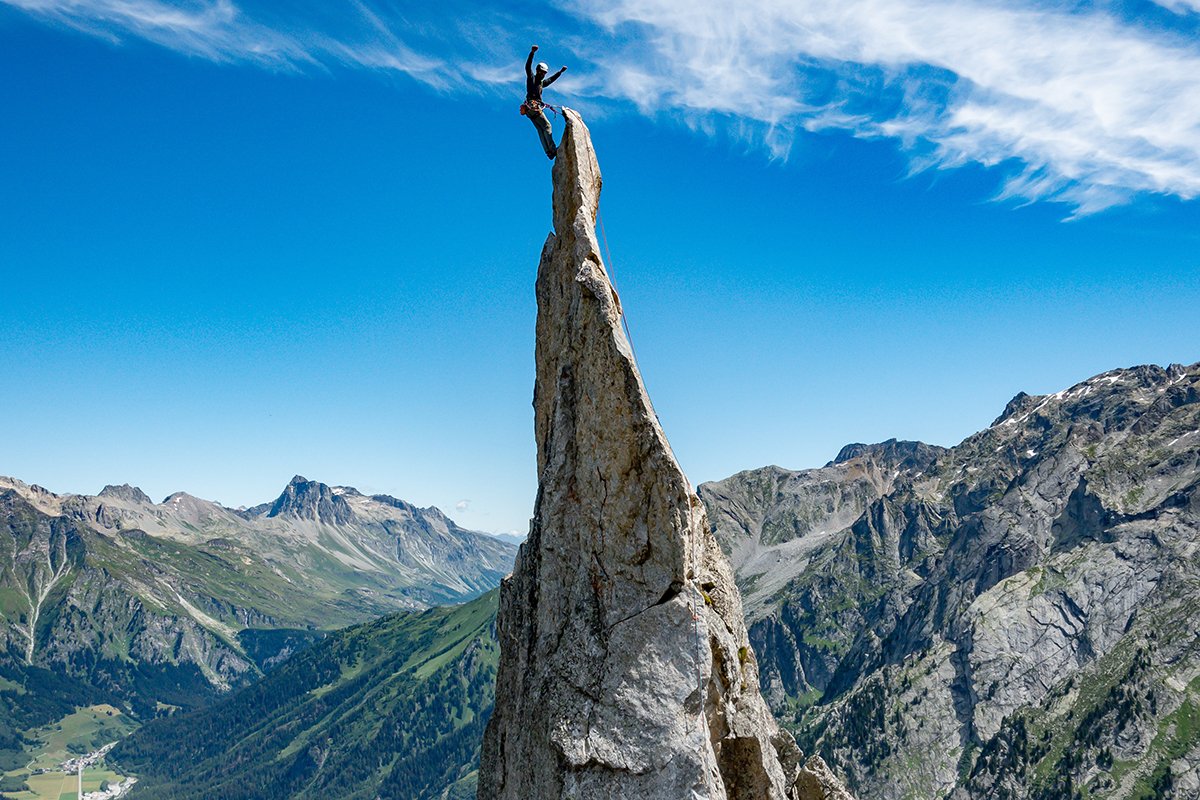
You may have heard of the growth mindset in many different settings, in terms of career, relationships or in personal development books, and the growth mindset is equally valuable when applied to athletic performance.
An athlete with a growth mindset will be continually looking to use failures, mistakes or shortcomings as opportunities to learn. An athlete with a fixed mindset, will judge failures as permanent and instead self-criticize, rather than evaluate a performance in order to look for ways to improve.
A growth mindset is powerful and useful—not only does it allow an outdoor athlete to not take failure personally, it provides continual instructions for improvement. If you look at a failure or mistake as something to be corrected, then you can strategize a solution to eliminate that mistake the next time and use that information to improve your performance. With this type of thinking, there is no end to how much an athlete can improve and learn. Not being weighed down by failures can also allow athletes to continually learn. Most outdoor athletes are obsessed with progress and progress is fun. It increases motivation to keep improving. Applying a growth mindset means progress is constant and therefore fun.
Mindset Work for Outdoor Athletes
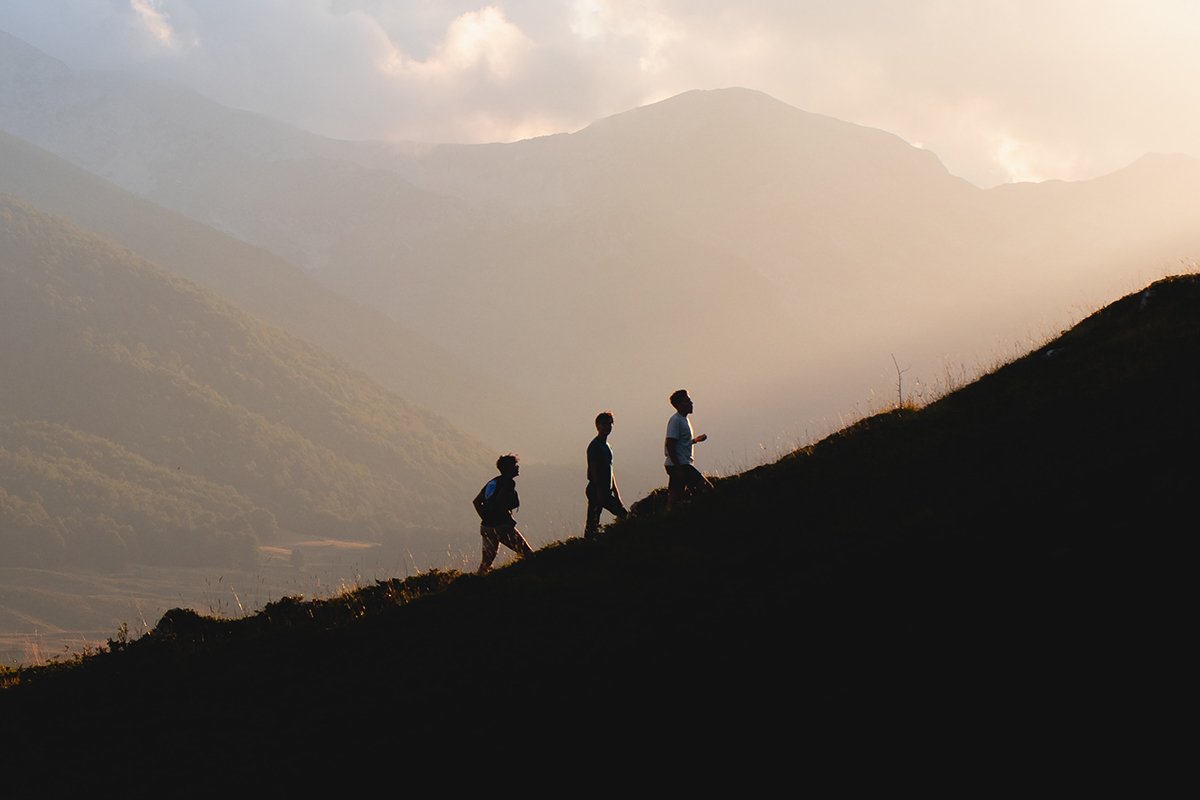
Mindset work is not necessarily difficult but it may not reap immediate results. Depending on the outdoor athlete, you can see results right away or not for as long as a year. It’s important to be patient and apply self-compassion to progress.
Cultivate Awareness
First work on building awareness. Figure out how your mind is affecting your performance and start to notice when your behavior reflects a limiting mindset.
Stay Neutral
After noticing the areas where mindset is holding you back, outdoor athletes can benefit from avoiding self-criticism and judgment around performance or ability. Work to eliminate negative phrases from thoughts and conversations, and try to substitute neutral statements instead, avoiding words such as “good” or “bad.” Studies show that positive thoughts and beliefs can enhance performance, while negative thoughts may hinder it.
Get Focused and Relaxed
The mind-body connection plays a crucial role in coordinating movements and reactions. Using mindfulness and relaxation can also help athletes manage stress and get into an optimal state of performance, where thinking becomes secondary to movement and action. You may recognize this as the coveted “flow state” but an optimal state of mind can also be achieved even if not in an elevated brain state equivalent to flow. Using meditation or relaxation before participating in your sport can improve your focus, concentration and skill acquisition in practice and execution in performance. Any meditation will work. Use a meditation app or search on YouTube and find a meditation that works for you.
Adjust Goals
One of the easiest mindset shifts is to adjust goal setting. Setting clear, realistic goals creates a simple pathway to success. Accomplishments boost confidence, but remember a growth mindset fosters resilience regardless of setbacks. Sometimes outdoor athletes set lofty goals for themselves and can lose motivation if they don’t complete them. If you don’t complete a goal, try to analyze your experience and come up with the things that you have learned despite the outcome of the goal. Athletes often forget to value other aspects of their performance—a missed opportunity to see progress. Ultimately, a well-conditioned mind is a powerful asset in achieving and sustaining high levels of performance for any extreme athlete.
